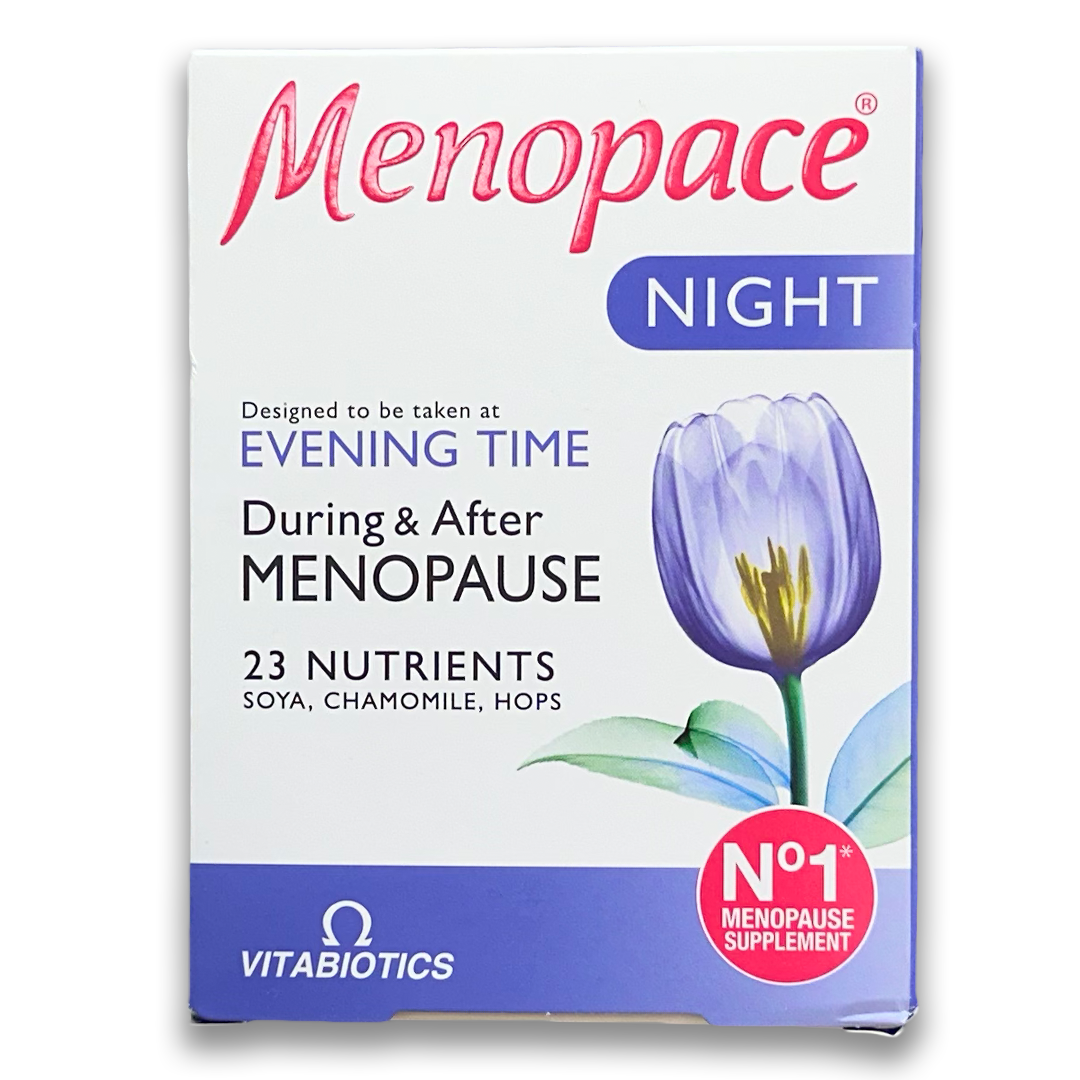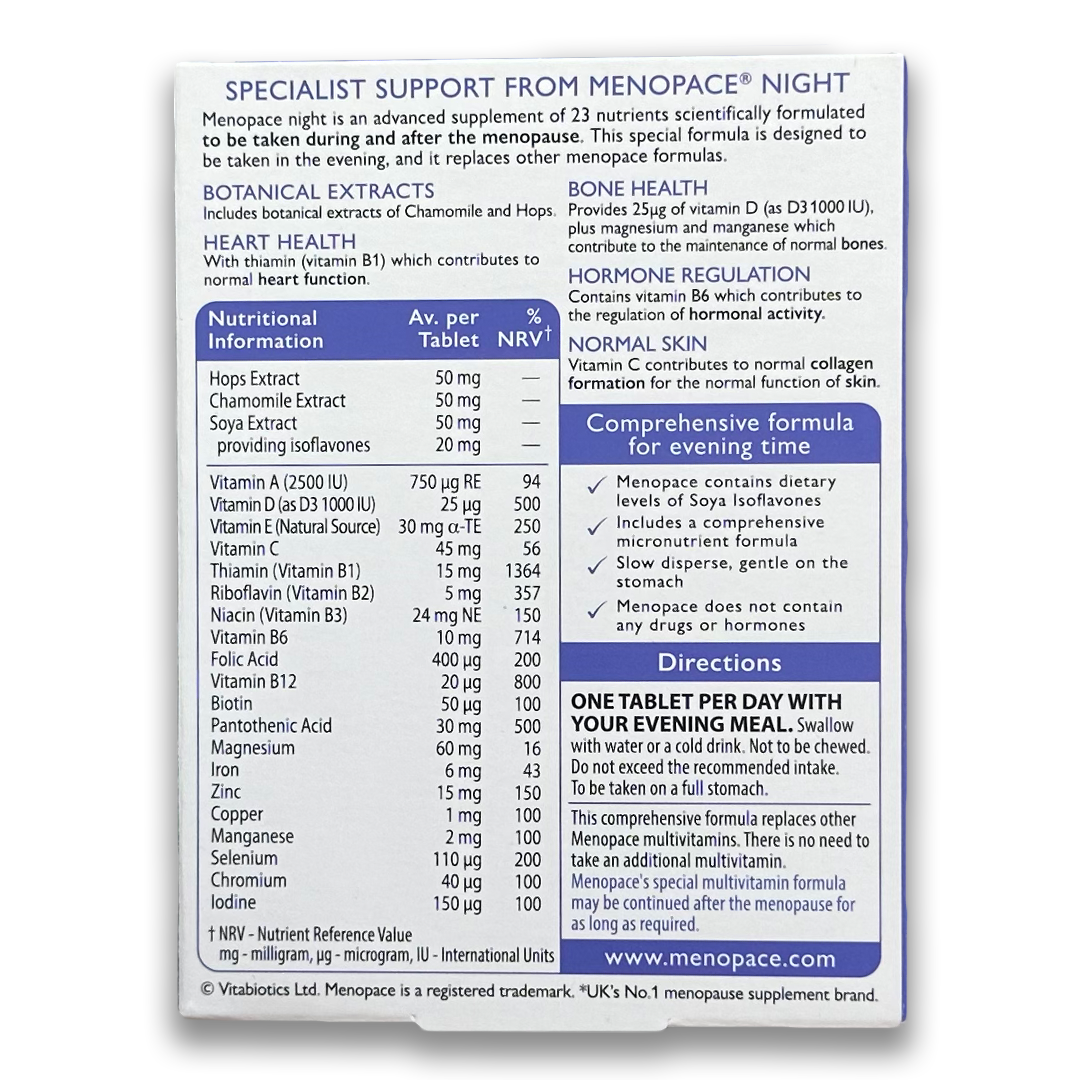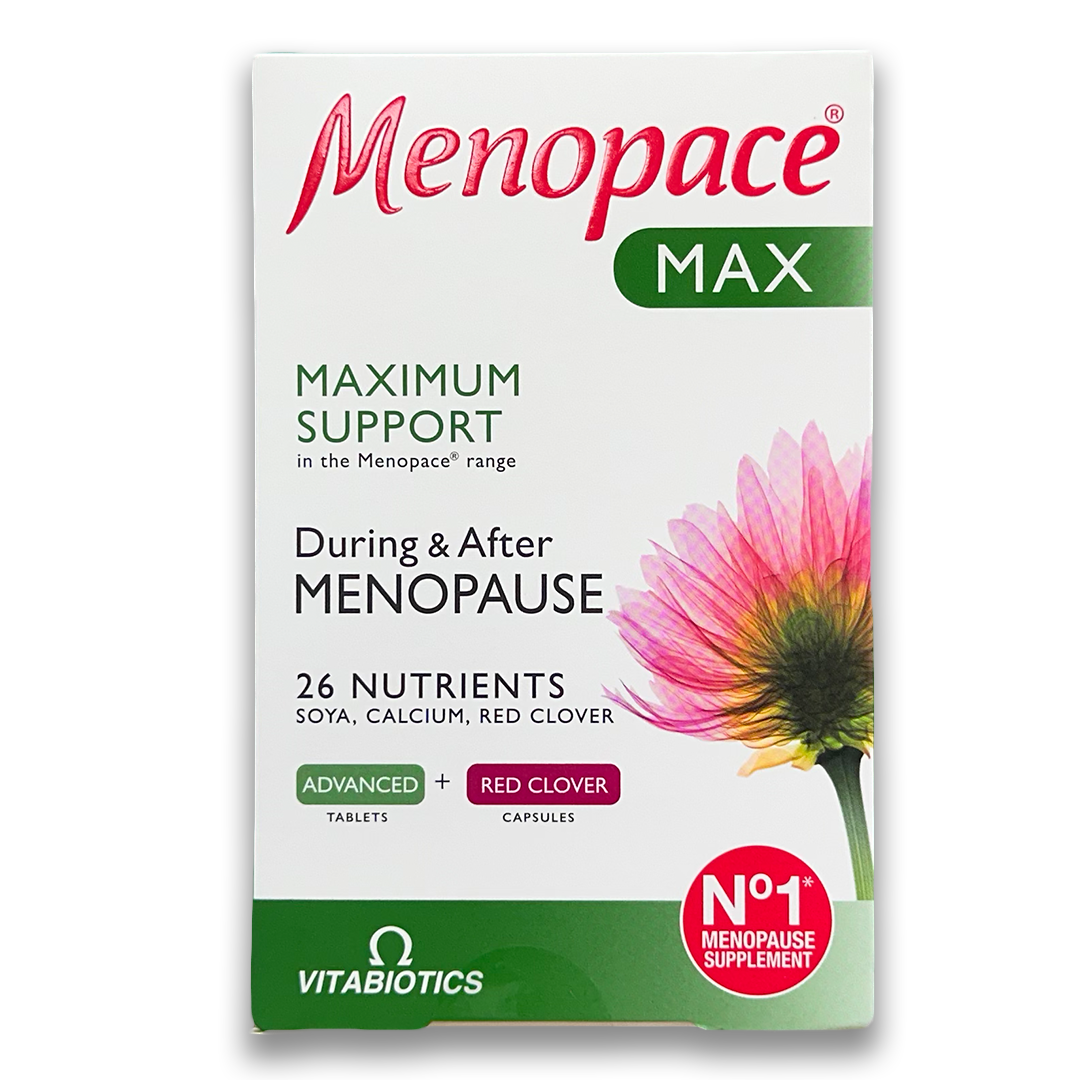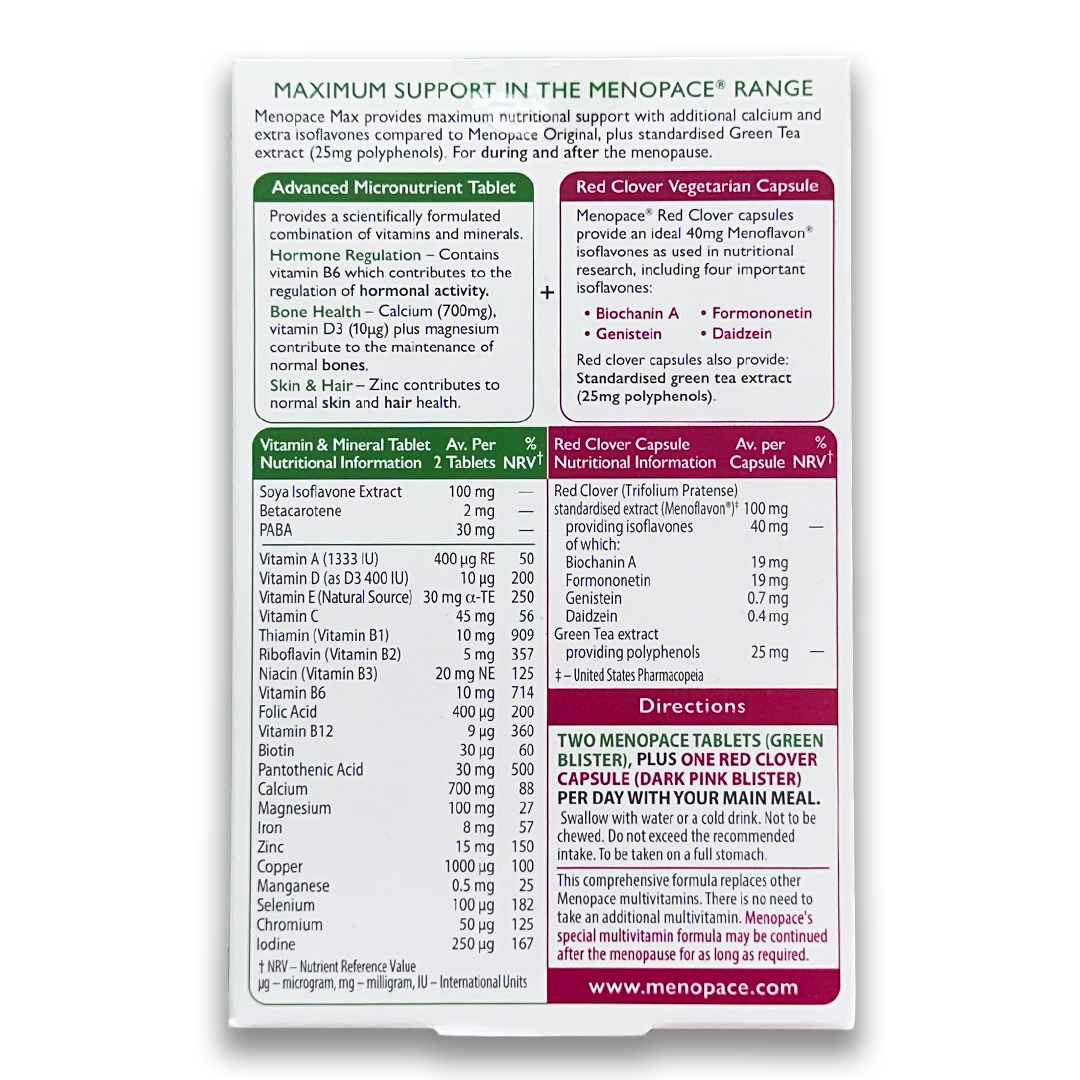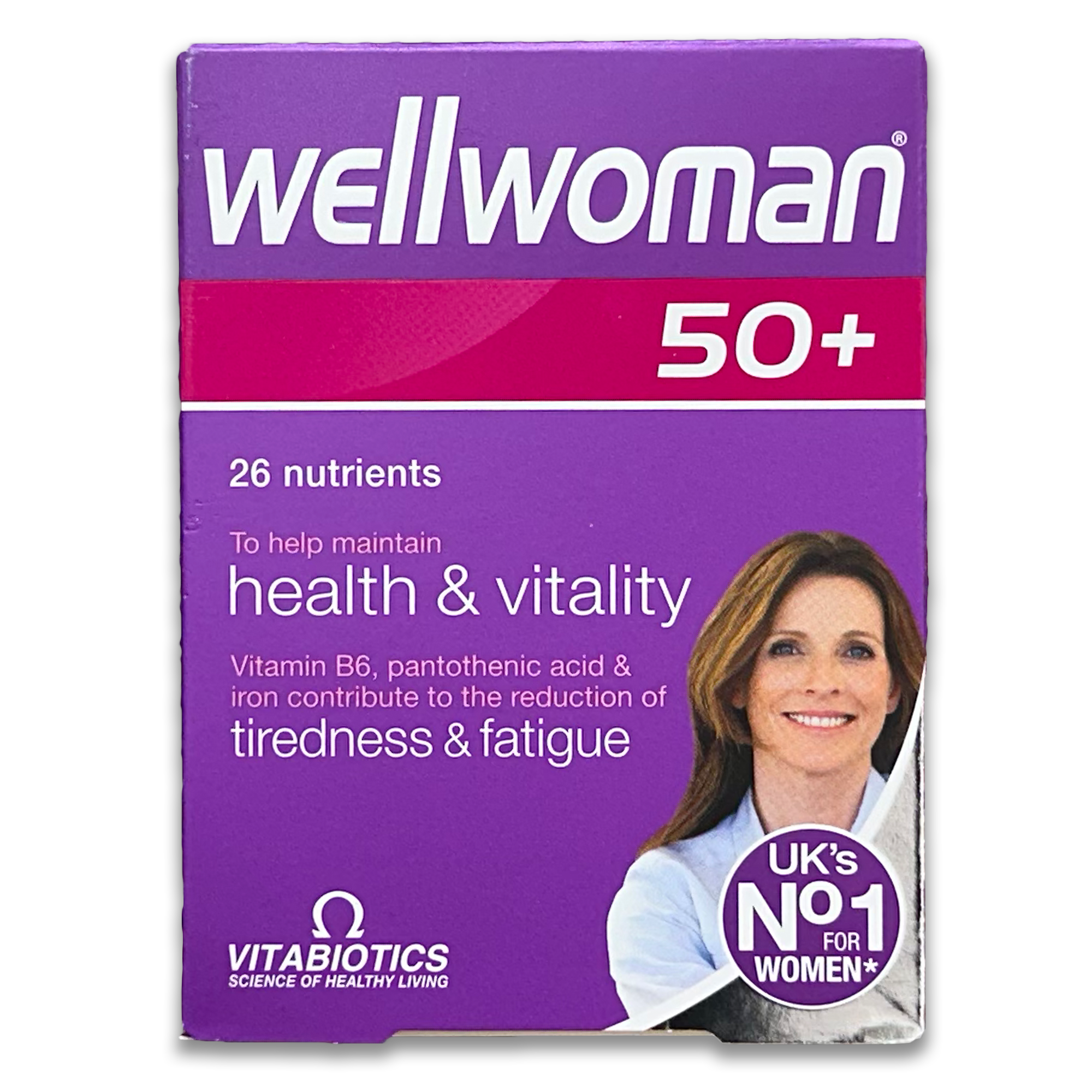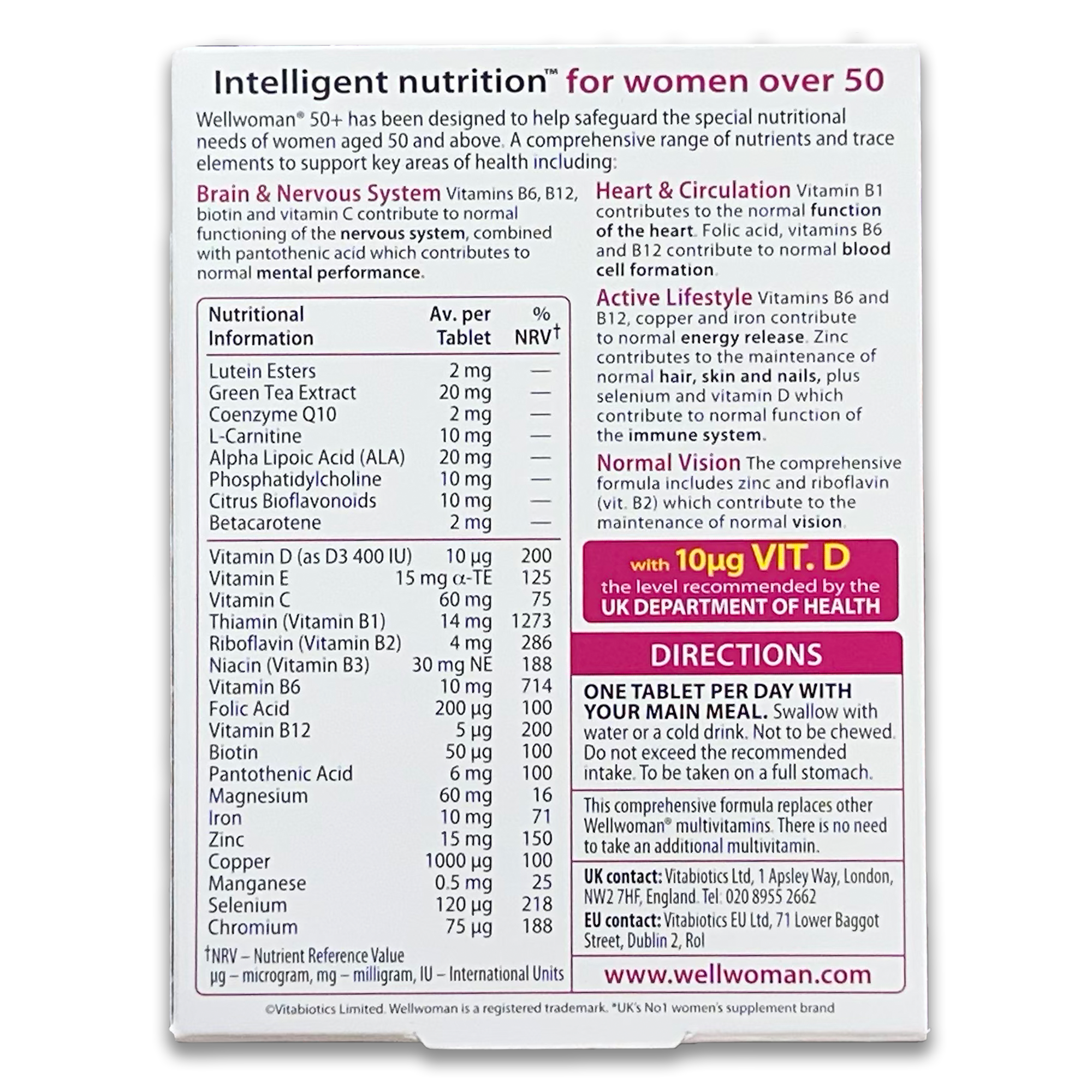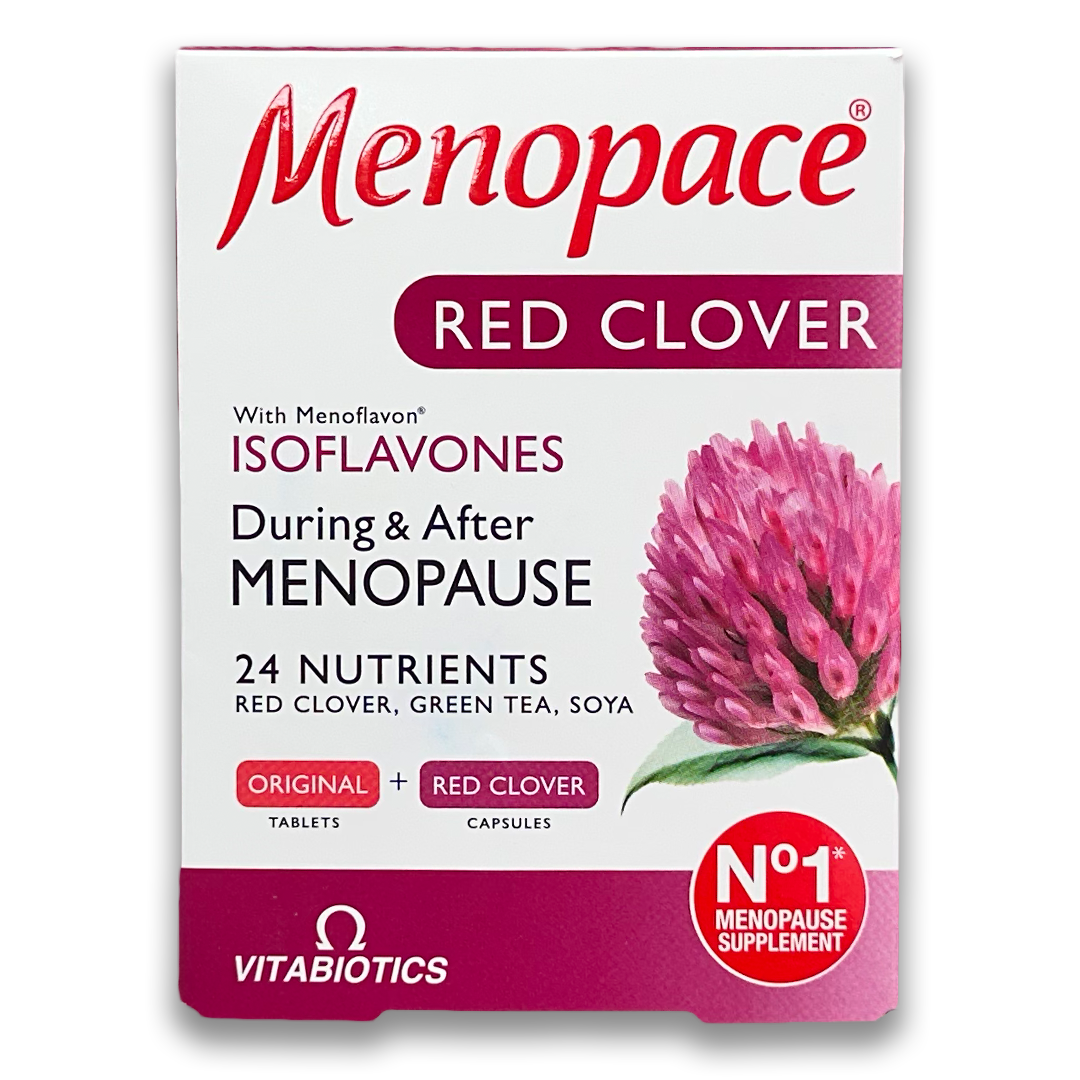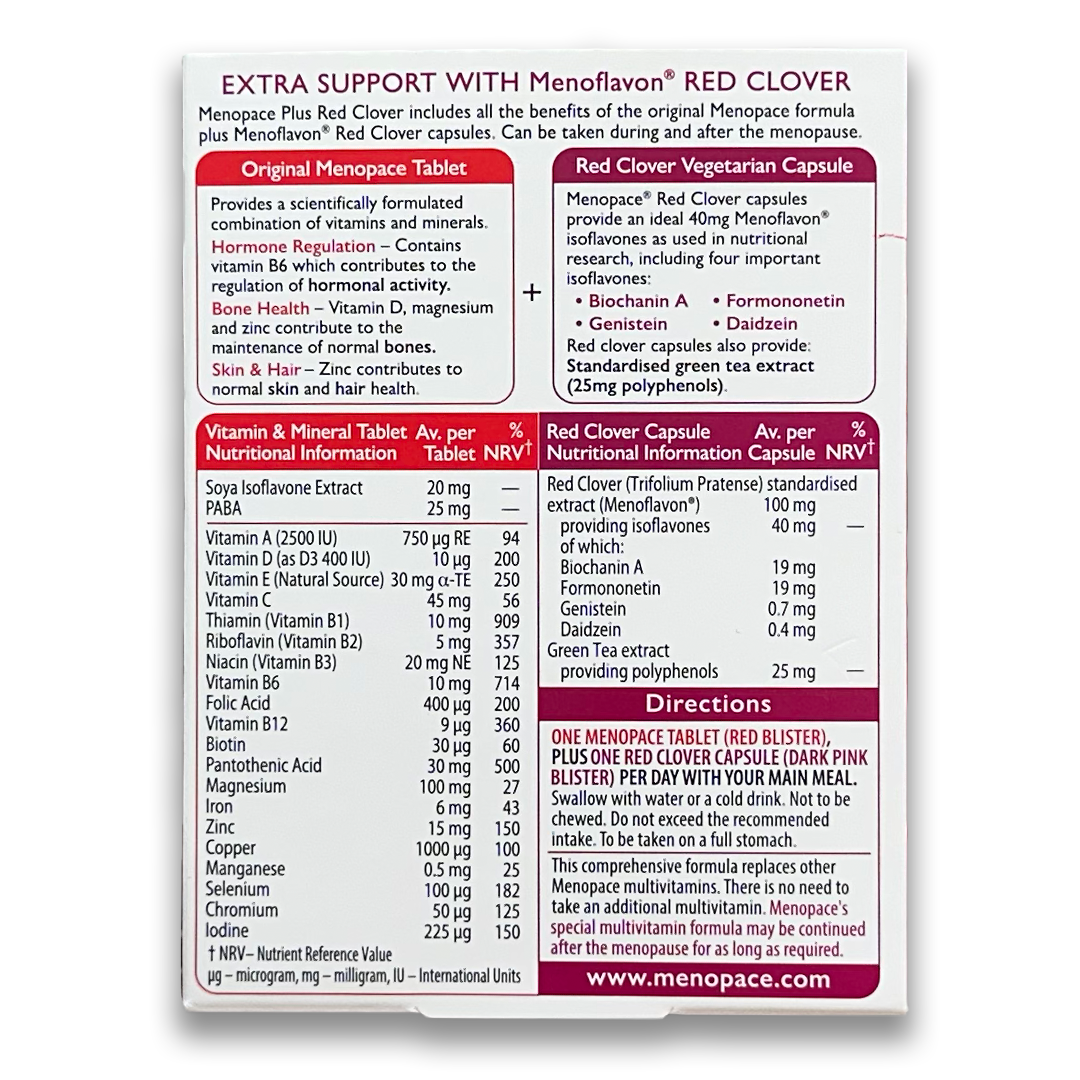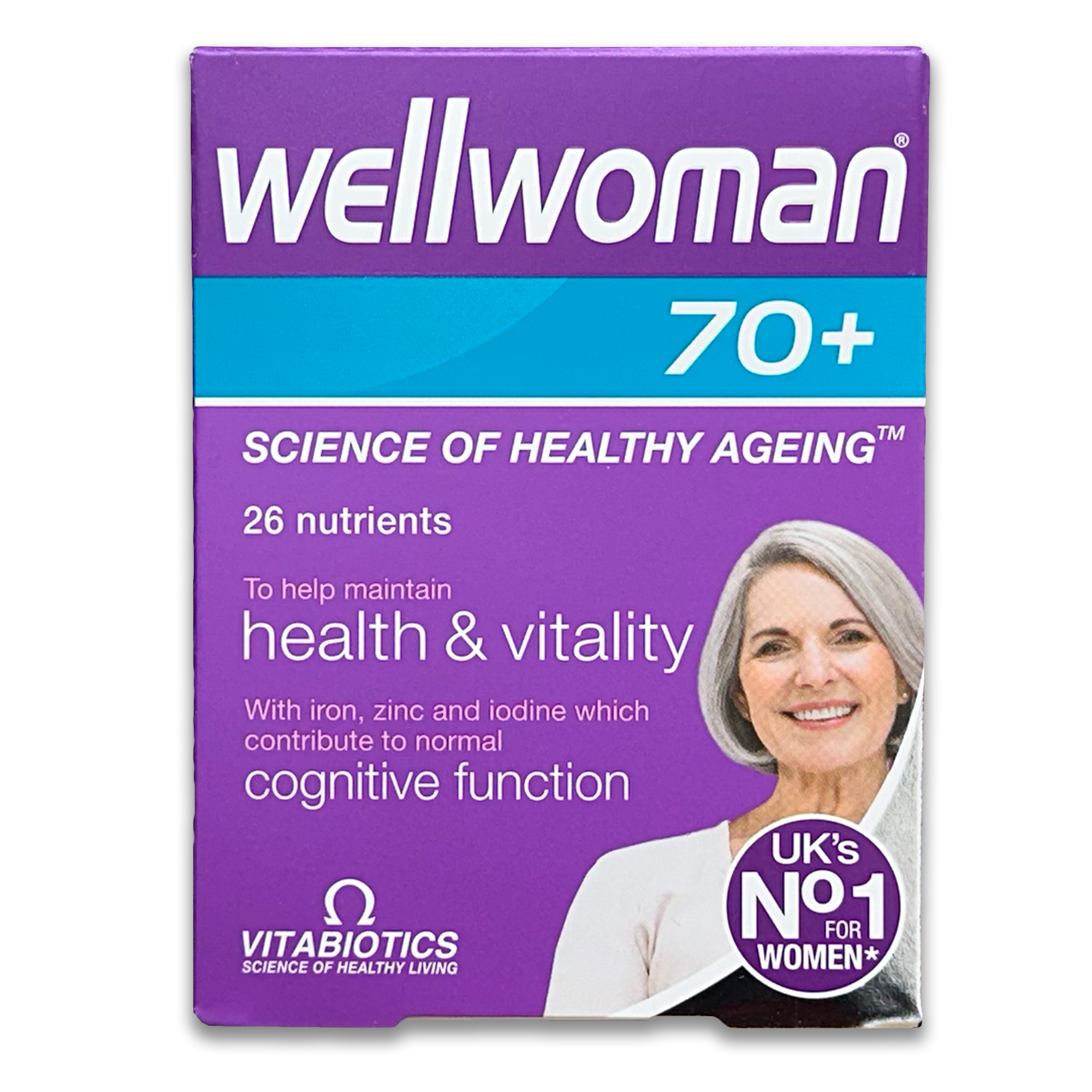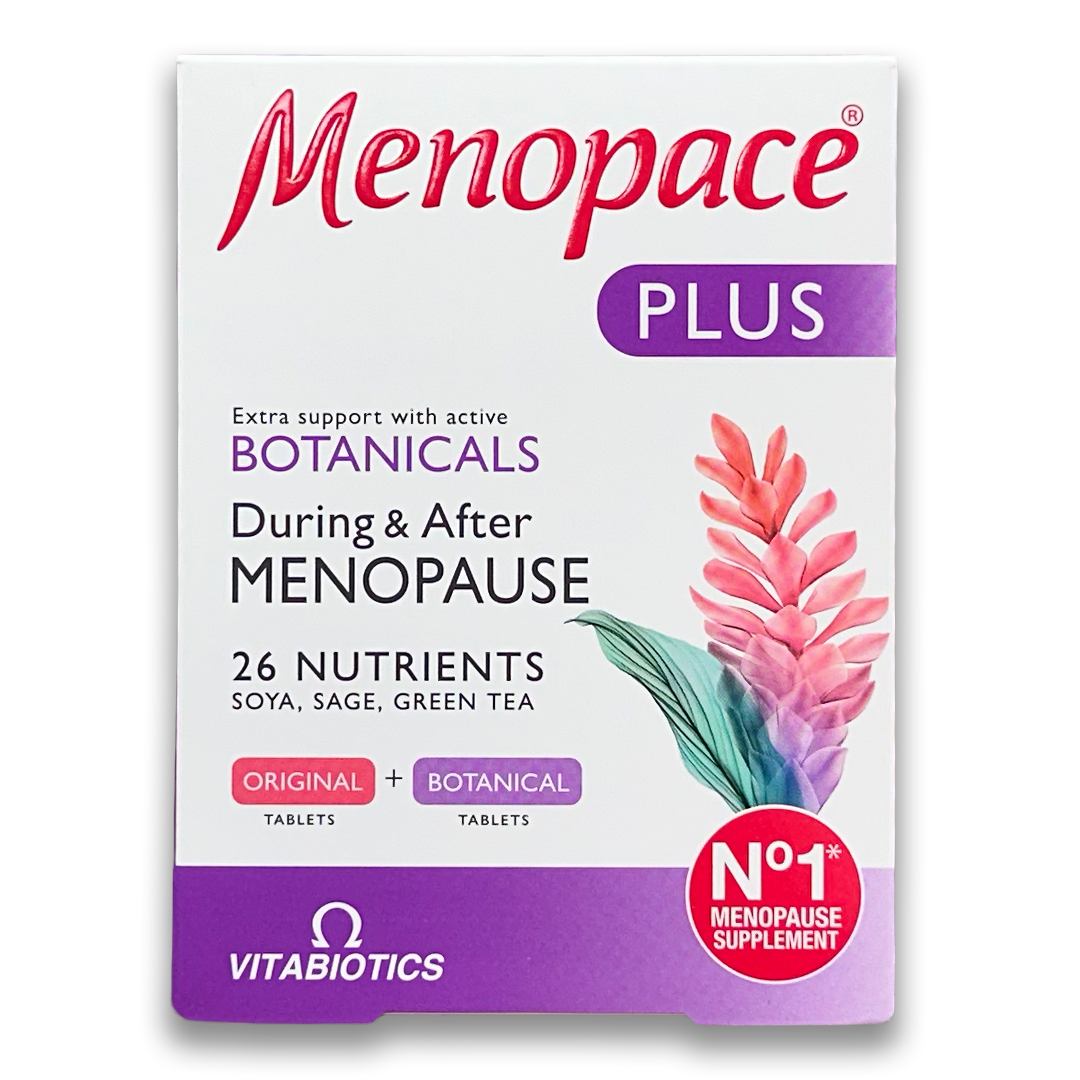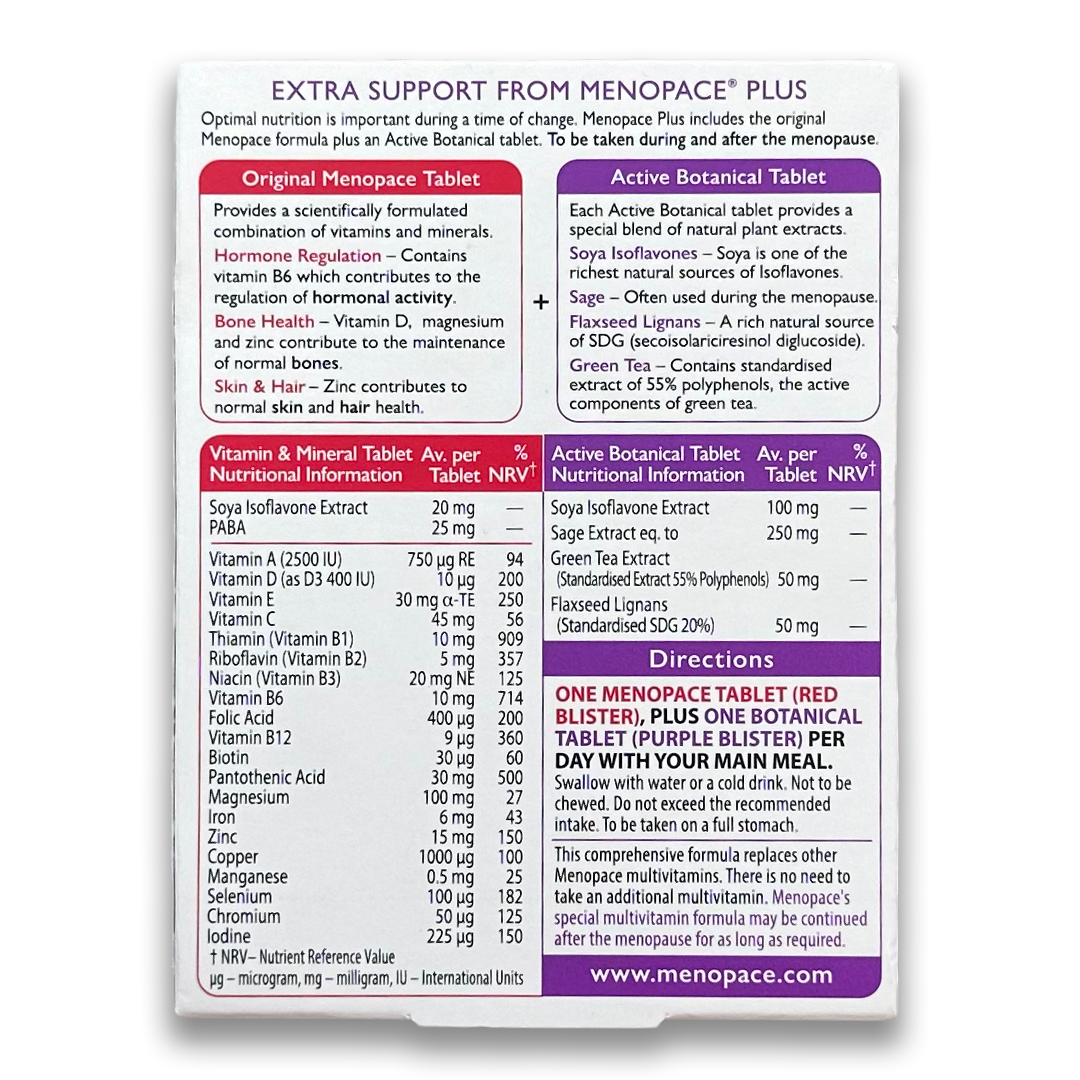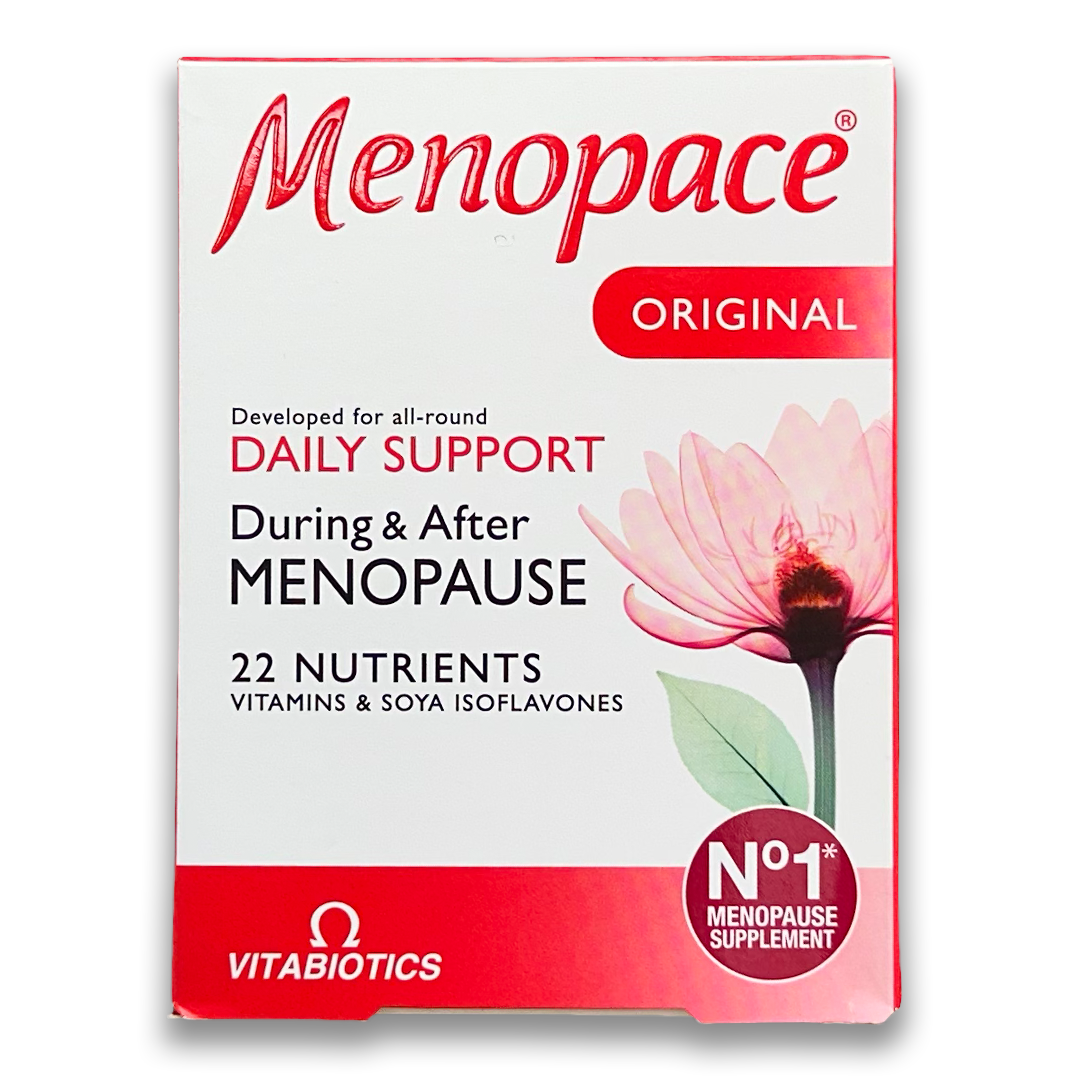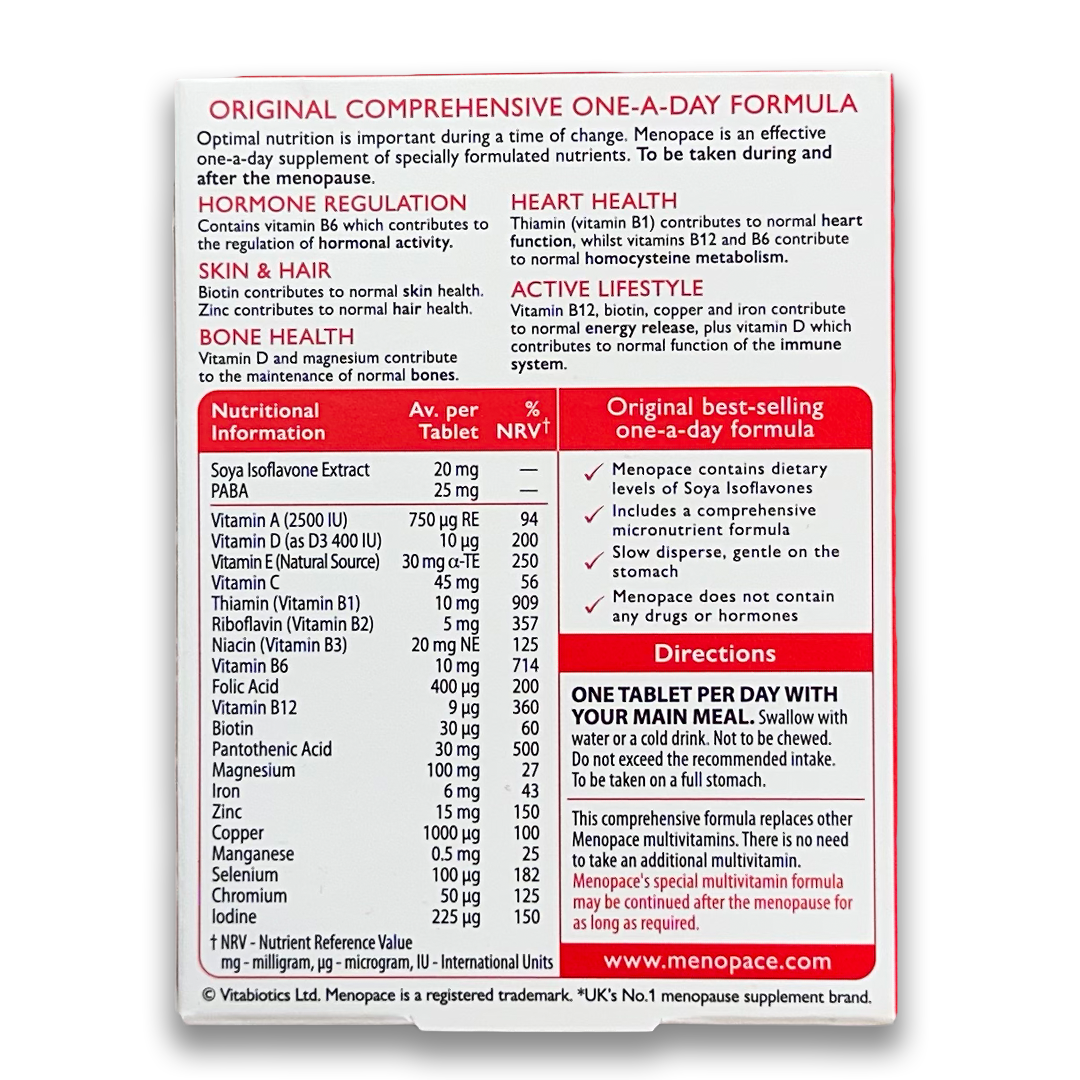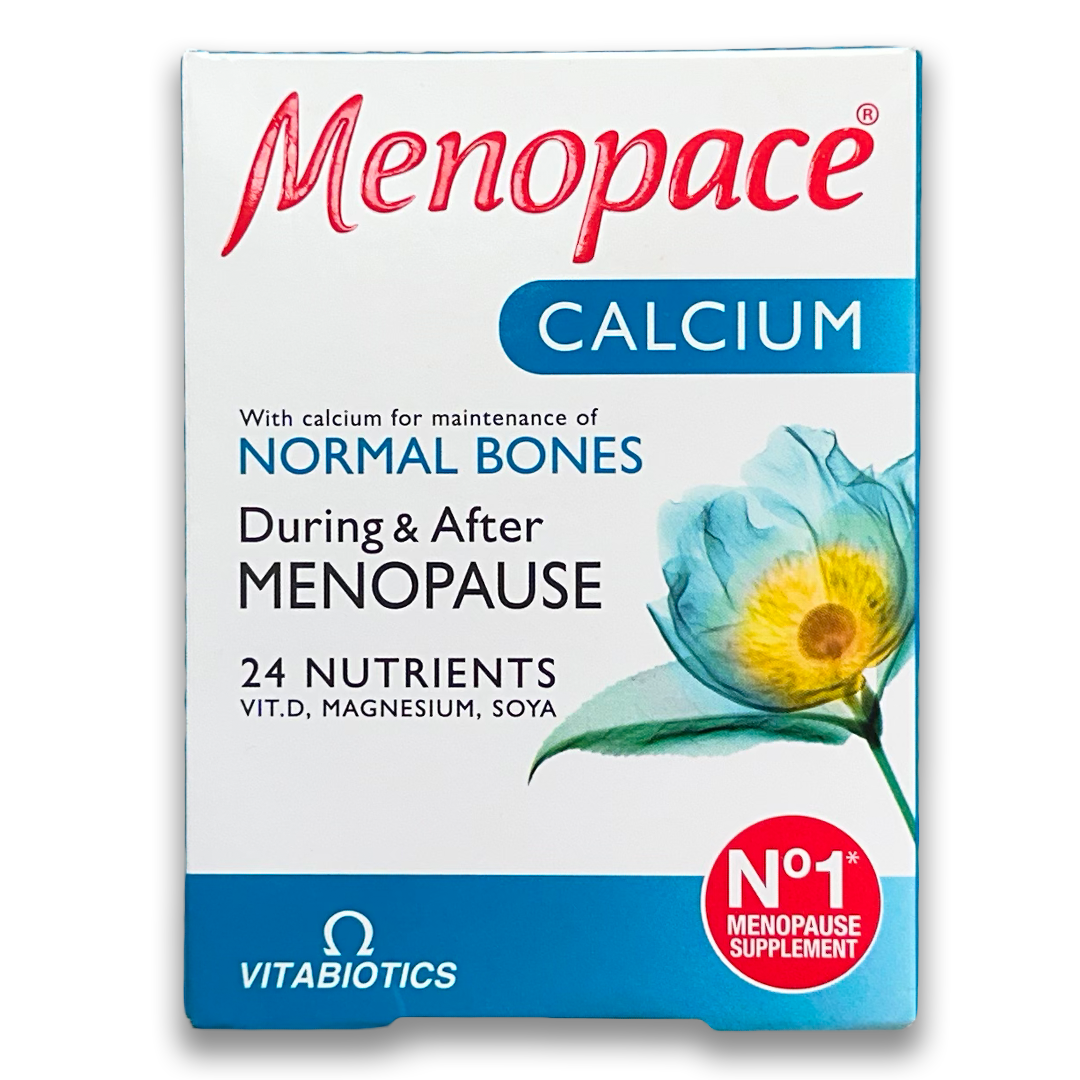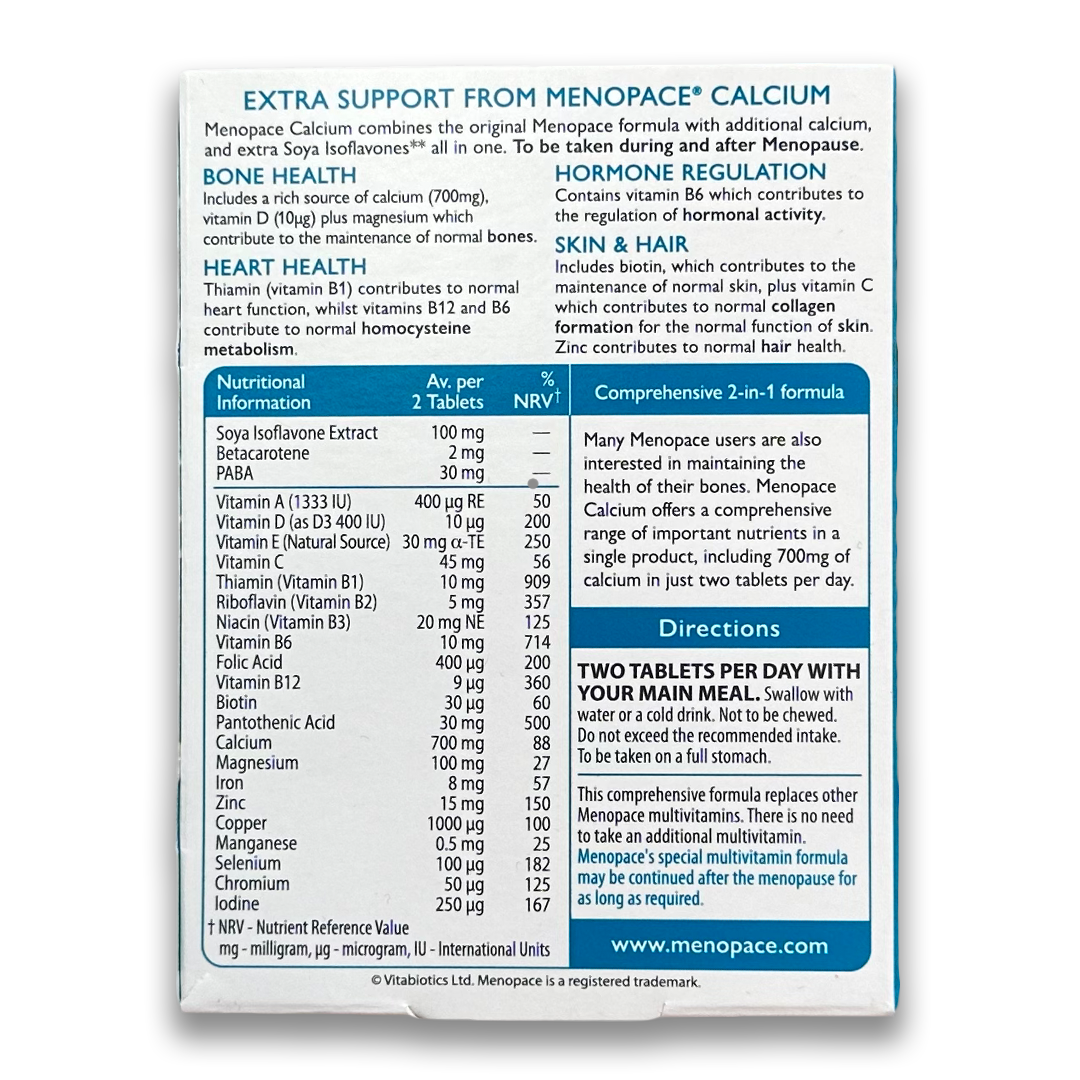While menopause is a natural life transition, certain measures can be taken to ease its effects and promote overall well-being:
- Healthy Lifestyle Practices: Adopting a well-balanced diet rich in whole foods, such as fruits, vegetables, lean proteins, and whole grains, can provide essential nutrients that support the body during menopause. Staying physically active through regular exercise can help manage weight and improve cardiovascular health.
- Smoking Cessation: Quitting smoking is highly beneficial for women going through menopause. Smoking has been linked to an increased risk of hot flashes and other menopause-related symptoms. Quitting smoking also reduces the risk of heart disease and osteoporosis, conditions that become more prevalent after menopause.
- Stress Management: The practice of stress-reduction techniques, such as meditation, deep breathing, yoga, or mindfulness, can help alleviate emotional symptoms often associated with menopause, such as anxiety and mood swings.
- Regular Health Screenings: Ongoing healthcare maintenance is essential during and after menopause. Regular health check-ups and screenings, such as bone density tests and cholesterol checks, can help monitor changes associated with aging and guide appropriate interventions.
- Effective Communication: Open and honest communication with healthcare providers is vital. Discussing menopause-related concerns and symptoms enables healthcare professionals to provide tailored guidance and treatment options that suit individual needs.
In summary, menopause is a natural and inevitable phase that signifies the end of a woman's reproductive capacity. While menopause-related symptoms can vary widely in intensity and duration, effective management through approaches like hormone replacement therapy (HRT) and non-hormonal treatments can significantly enhance a woman's quality of life during this transition. Embracing a healthy lifestyle, including a balanced diet, physical activity, stress reduction, and regular health check-ups, further contributes to a smoother menopausal experience. Consulting with healthcare professionals for guidance and support ensures that women can navigate menopause with greater ease and well-being. If you are experiencing menopause-related symptoms, seeking medical advice and exploring suitable treatment options tailored to your specific needs is a proactive step towards managing this significant life stage.


